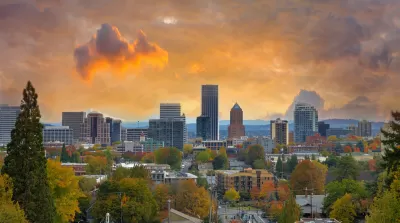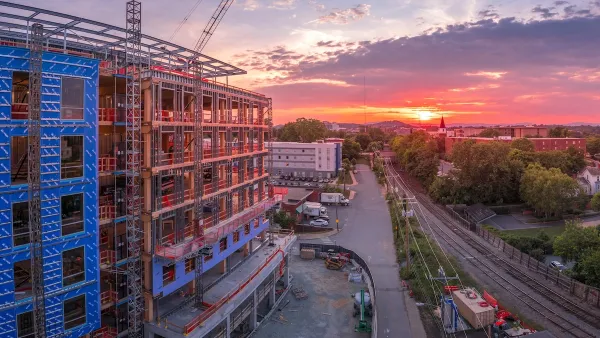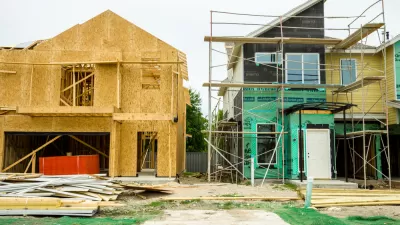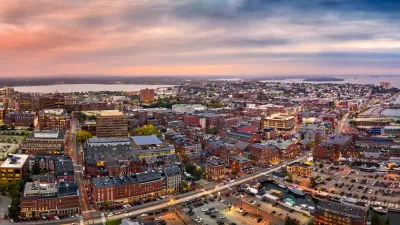A proposal to dissolve the groups has led to a debate about their purpose and who really benefits from them.

Gordon R. Friedman reports that a proposal to eliminate the almost 100 neighborhood associations in Portland, Oregon, from the city code has revealed divides in the city:
Neighborhood activists view themselves as representatives of grassroots Portlanders and the distinctive parts of town they inhabit. Detractors see the associations as entrenched, overly powerful voices for homeowners, who tend to be older, white and opposed to housing density, homeless shelters and other development helpful to a growing city’s health.
Friedman says how exactly the changes would take effect are not entirely clear. However, the associations would lose the special powers that give them a voice on city government actions, including zoning decisions. But activists say that the neighborhood associations focus largely on the everyday needs of residents and the transparency of civic government would be lost without them.
Critics contend that the neighborhood associations do not represent all residents, and too often they have blocked or delayed development. "Housing and renter advocates have an ally in [Chloe] Eudaly [of Office of Community & Civic Life], who said the city government needs a new paradigm for engaging residents," writes Friedman.
FULL STORY: Emotions flare as Portland, long friendly to neighborhoods, weighs gutting their powers

Planetizen Federal Action Tracker
A weekly monitor of how Trump’s orders and actions are impacting planners and planning in America.

Maui's Vacation Rental Debate Turns Ugly
Verbal attacks, misinformation campaigns and fistfights plague a high-stakes debate to convert thousands of vacation rentals into long-term housing.

San Francisco Suspends Traffic Calming Amidst Record Deaths
Citing “a challenging fiscal landscape,” the city will cease the program on the heels of 42 traffic deaths, including 24 pedestrians.

Amtrak Rolls Out New Orleans to Alabama “Mardi Gras” Train
The new service will operate morning and evening departures between Mobile and New Orleans.

The Subversive Car-Free Guide to Trump's Great American Road Trip
Car-free ways to access Chicagoland’s best tourist attractions.

San Antonio and Austin are Fusing Into one Massive Megaregion
The region spanning the two central Texas cities is growing fast, posing challenges for local infrastructure and water supplies.
Urban Design for Planners 1: Software Tools
This six-course series explores essential urban design concepts using open source software and equips planners with the tools they need to participate fully in the urban design process.
Planning for Universal Design
Learn the tools for implementing Universal Design in planning regulations.
Heyer Gruel & Associates PA
JM Goldson LLC
Custer County Colorado
City of Camden Redevelopment Agency
City of Astoria
Transportation Research & Education Center (TREC) at Portland State University
Jefferson Parish Government
Camden Redevelopment Agency
City of Claremont





























